The final moments of Hilary Mantel’s magnificent Wolf Hall see its central protagonist, Thomas Cromwell, trying to banish ghosts. Assailed by memories of his orchestration of the execution of his rival Thomas More, the sight of his head on a block, the ‘sickening sound of the axe on flesh’, Cromwell turns to two sources of solace to improve his mood: the welfare of his household and — oddly, but characteristically —admin. In order to give us a Cromwell who is so much more than an insanely ambitious judicial murderer, Mantel leaves her readers with her protagonist fretting over the future happiness of his recently married secretary Ralph Sadler at the same time as he plots the precise detail of Henry VIII’s imminent progress to Bristol with real care and exactitude.
There is something of this determination to bring the quirks, warmth and light out of the dark material traces of Cromwell’s character in Diarmaid MacCulloch’s captivating and definitive new biography of Henry VIII’s most controversial of royal counsellors. Indeed, so nuanced and even-handed is his portrait that MacCulloch acknowledges that some might argue that he ‘underplays the… rapacity of Cromwell’s public career’.
It is easy to see why rapacity might be thought to be the key to unlocking the enigma of Thomas Cromwell; in a period obsessed with the preservation of vertiginous social hierarchies, but also familiar with the troubling phenomenon of social mobility — Cardinal Wolsey himself was likely a butcher’s son — Cromwell’s rise was so spectacular that it seems to demand some sort of further explanation rooted in the psychology of extraordinary individualism or in Nietzschean ideas of preternatural will. Thus, in his lifetime, Cromwell went from describing himself as a ‘ruffian’ member of the Putney yeomanry, whose family farmed and brewed beer, to becoming the father of the king’s brother-in-law (through the marriage of his son Gregory to Elizabeth Seymour, sister of Jane Seymour, third wife of Henry VIII). In 1535 he became Chancellor of the University of Cambridge without ever having been to university himself. Along the way he also became Earl of Essex, Baron Cromwell of Wimbledon, Chancellor of the Exchequer, Master of the Jewels, Vicegerent in Spirituals (i.e. the layman responsible for exercising Henry VIII’s powers as supreme head of the Church), and Lord Privy Seal; he also accumulated vast quantities of land and property and, by the end of his life, had amassed an immense arsenal of weaponry at his house at Austin Friars sufficient to make an already paranoid and impetuous king extremely twitchy. The arms cache gave Henry VIII yet another reason, following Cromwell’s advocacy of his disastrous marriage to Anne of Cleves, to sanction his execution for treason, heresy and corruption in 1540.
Instead of a one-dimensional caricature of Cromwell as an unscrupulous Machiavel, determined only to advance his familial interests and line his pockets — and such travesties are common in sources as strikingly different as Cardinal Reginald Pole’s contemporary defence of papal supremacy De Unitate (1536) and Robert Hutchinson’s Thomas Cromwell: The Rise and Fall of Henry VIII’s Most Notorious Minister (2007) — MacCulloch gives us depth and perspective on the contradictions and apparent inconsistencies of a man who improvised just as much as he choreographed his way to power. Thus Cromwell was an evangelical who loathed monastic excesses and the superstitions of the old religion, but who began his career selling indulgences (pardons supposed to shorten the duration of Purgatory for purchasers and their families) at the Gild of Our Lady at Boston in Lincolnshire. Where a lesser historian would see here only cynical, secularist opportunism, MacCulloch sagely reminds us how ‘in the first stages of the English Reformation, religious boundaries were yet to be defined clearly, particularly when people balanced lucrative careers with sincerely held but evolving belief’.
It is the continued centrality of this question of religious belief in this assessment of Cromwell’s life and career that makes it so compelling and authoritative. Cromwell was, MacCulloch shows, an enterprising and committed evangelical; intimately acquainted with William Tyndale and Miles Coverdale, he became a staunch advocate of vernacular Bible reading, authorising English translations of the Matthew Bible (1537) and the Great Bible (1539); he patronised a theatre company, the Lord Cromwell’s Players, who specialised in the performance of Reformist drama by the evangelical polemicist John Bale in the late 1530s. Given these credentials, how could so convinced an evangelical as Cromwell allow himself to be protected by and, in turn, do his utmost to defend, that most grandiose of late medieval churchmen, Cardinal Thomas Wolsey? ‘Nicodemism’ is MacCulloch’s brilliant answer, a willingness to subordinate true religious views and dissemble some degree of conformity to the official religion. While the apparent bad faith of Nicodemism concerned Reformers like John Calvin, a Nicodemite version of Reformed Protestantism actually became crucial for a later Elizabethan Church of England which needed to help large swaths of the conforming faithful negotiate the terms of their Roman Catholic past.
In putting religious belief at the heart of this biography, and in characterising Cromwell as a Nicodemite rather than a Machiavel, a secularist, or a devil, MacCulloch redefines his subject’s contribution to Tudor history. MacCulloch nowhere tries to exonerate Cromwell from his involvement in torture and judicial killings — one favoured piece of interrogation advice was to ‘pinch him [the prisoner] with pains’ — but as a man of evangelical belief as well as violence he seems less of an ahistorical monster and more like a recognisable but prodigiously powerful statesman of his period; Thomas More, as Lord Chancellor, too, of course, had his own record of burning heretics.
Making Cromwell a man of faith also enables MacCulloch to renegotiate his relationship with his own mentor, the biography’s dedicatee, Sir Geoffrey Elton (1921–94). Elton supervised MacCulloch’s PhD at Cambridge and for 45 years made Cromwell central to his writings and understanding of the Tudor age, transforming him from mere flunkey of Henry VIII to a harbinger of modernity itself. In Elton’s telling, most famously in The Tudor Revolution in Government (1953), Cromwell was primarily responsible for remodelling the ways in which English central government was administered, developing a governmental machine that turned from managing medieval households to bureaucratising the nation. There is little room for religious belief in this reading of Tudor government and the idea has had its critics from its first appearance — there are playful echoes of it, too, in Cromwell’s consoling turn to admin at the end of Mantel’s Wolf Hall. MacCulloch’s revision shows how the formation of modern administrative structures like the Privy Council was actually an attempt to limit Cromwell’s power, and the effect of his evangelical ideas, over the king, rather than being the ultimate expression of his dominating influence.
Elton famously refused to write a biography of Cromwell, despite multiple invitations to do so, proclaiming that a man who was less an individual personality than a figure representative of an entire age was ‘not biographable’. This meticulously researched, beautifully written and, it must be said, very long book — there are more than 100 pages of bibliographic and discursive endnotes alone — is MacCulloch’s wonderful rejoinder.
Got something to add? Join the discussion and comment below.
Get 10 issues for just $10
Subscribe to The Spectator Australia today for the next 10 magazine issues, plus full online access, for just $10.
You might disagree with half of it, but you’ll enjoy reading all of it. Try your first month for free, then just $2 a week for the remainder of your first year.

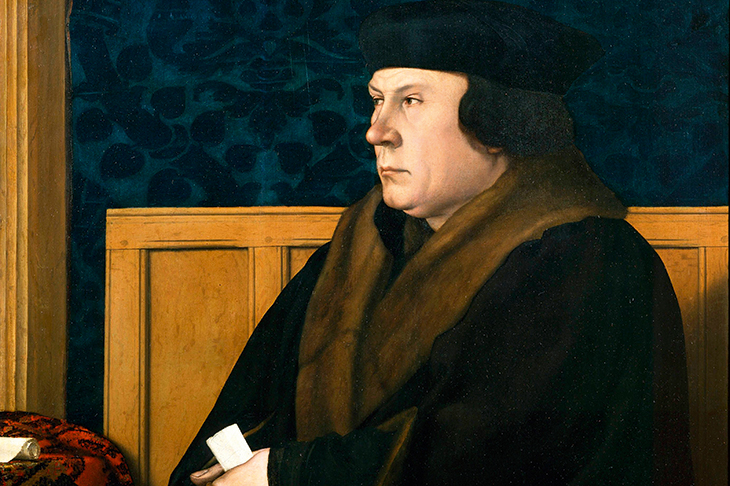

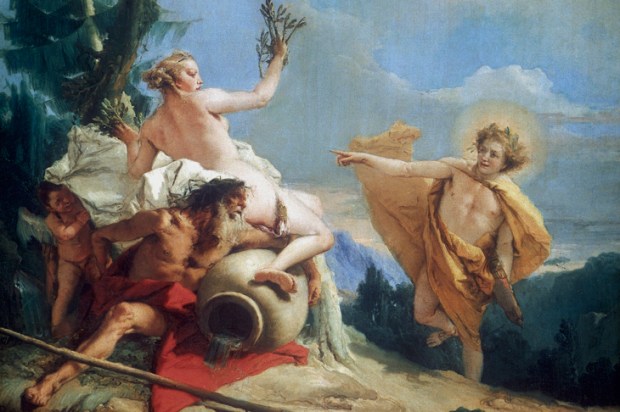
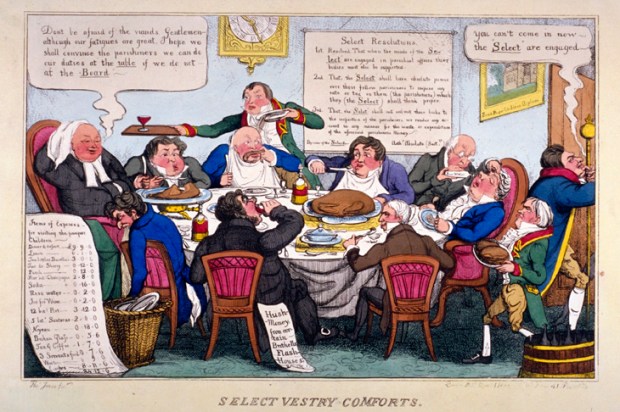
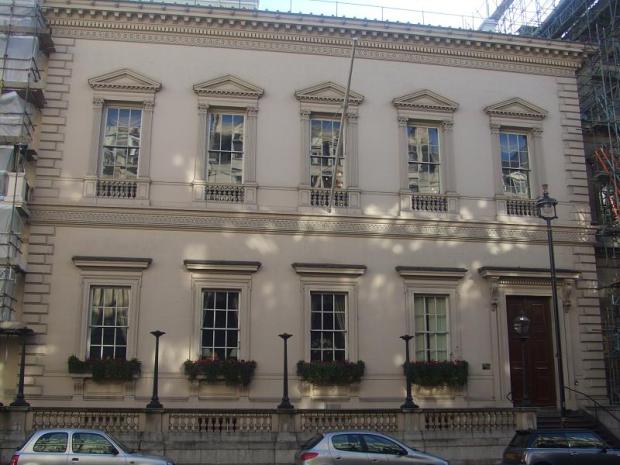

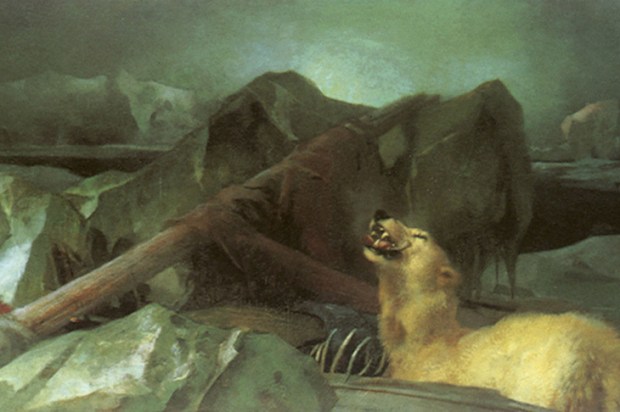






Comments
Don't miss out
Join the conversation with other Spectator Australia readers. Subscribe to leave a comment.
SUBSCRIBEAlready a subscriber? Log in